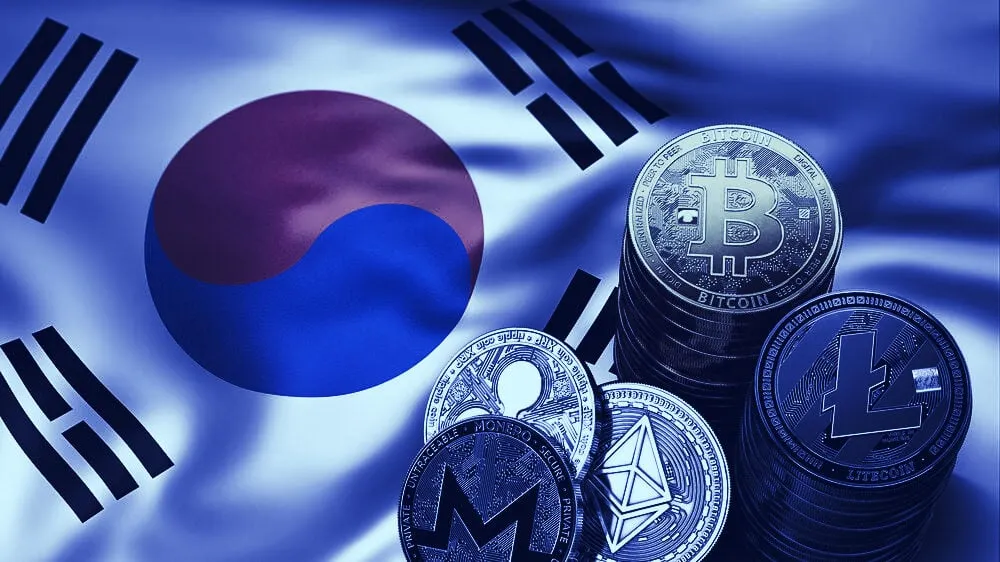KT, the biggest telecommunications company in South Korea, will launch its blockchain-based digital currency later this month in the city of Busan.
With a population of around 3.5 million, Busan is the second largest city in South Korea behind Seoul. The currency, called Dongbaek Currency—Dongbaek directly translates to the Camellia flower in English which represents Busan—is set to be launched on December 30, according to local reports.
KT Blockchain Business Center director Yoo Yong-gyu said, “With our know-how of operating a regional currency and blockchain security, KT will work towards establishing Dongbaek Currency and contributing to the growth of Busan's economy.”
The government of Busan secured a contract with KT back in February to develop the digital currency and a digital payment system for local stores in order to encourage the use of blockchain technology.
The digital currency is compatible with major banks like Hana Bank and Busan Bank, and the currency can be used at any local store with existing credit card readers.
However, users cannot transact with the blockchain-based currency at large malls or department stores as per the request of Busan to help small stores and merchants.
Every year, KT and Busan will release $260 million worth of Dongbaek Currency and users will be provided with a six percent cashback for using the digital currency.
Yoo added, “To operate a regional payment network that facilitates hundreds of millions of dollars in transactions, stability and security of the platform are the most important.”
Currently, in South Korea, virtually every industry-leading conglomerate is working on a blockchain or crypto-related business, project, or initiative.
Kakao, the most influential internet company in the nation with more than 40 million users, is developing a cryptocurrency called Klaytn. Samsung, the country’s most valuable corporation, has been involved in many areas of the blockchain and crypto sectors including mining and cryptocurrency storage. It has built a crypto hardware wallet into its latest range of phones, the Samsung Galaxy series.
Regional governments including Busan and Jeju Island have launched various initiatives and economic zones to encourage the development of blockchain, while South Korea moves towards establishing clearer regulatory frameworks surrounding the space.

